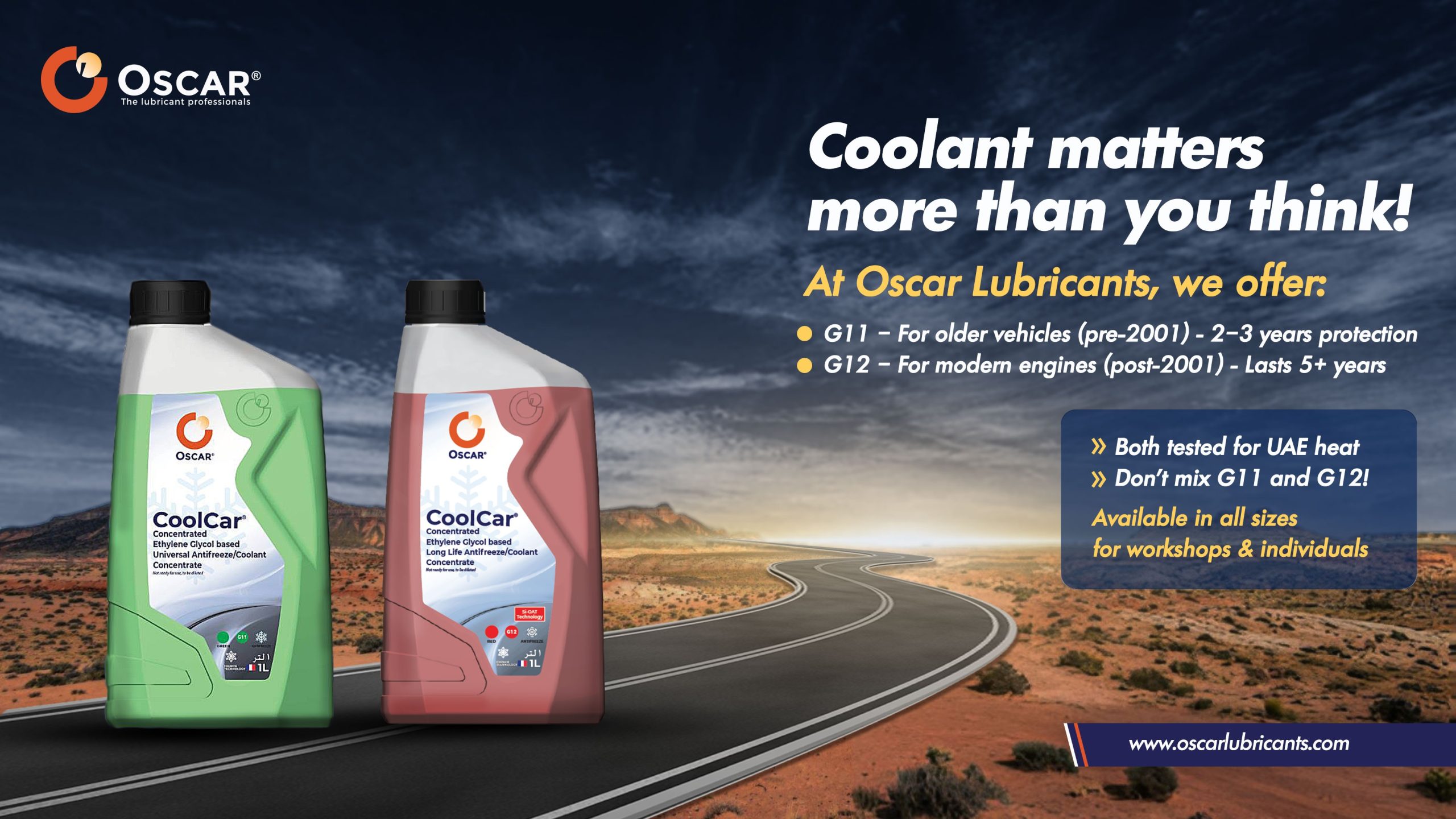Heat is the enemy of machinery. It can destroy common lubricants, making them weak and leading to broken parts and costly repairs. So, what’s the solution? Meet Polyalkylene Glycol, or PAG. This synthetic fluid is different. It’s engineered to be tough, refusing to break down even when things get seriously hot.
Built to resist heat:
Ordinary oils have a simple structure that heat can easily tear apart. PAGs have a stronger, more robust chemical design. Think of it like a chain. A simple oil is a basic metal chain. Intense heat can break its links. A Polyalkylene Glycol is like a super-strong alloy chain, its bonds much harder for heat to break. This strong foundation is its first line of defense.
Staying thick under pressure:
When most oils get hot, they become thin and watery. This is called thinning out. A thin oil cannot properly coat and protect metal parts. PAGs are different. They have a high natural thickness that changes very little with heat. They stay thick and effective, ensuring a protective layer stays on parts even when temperatures soar.
No sticky, harmful deposits:
As regular oils overheat, they can leave behind hard, sticky deposits. These are like a clog in a pipe. They can block oil passages and make parts work poorly. PAGs are very clean-burning. When exposed to high heat, they do not form these same harmful deposits. This keeps the entire system cleaner and running smoothly.
A cooler running system:
Friction creates heat. When parts rub together, they get even hotter. PAGs are excellent at reducing friction. Their molecules cling tightly to metal surfaces. This creates a slippery shield between parts. With less friction, there is less additional heat generated. This helps the entire machine run cooler, fighting the problem at its source.
Fighting off chemical attacks:
Oxygen in the air can react with hot oil. This reaction, called oxidation, makes the oil acidic and sludgy. PAGs have a high resistance to this reaction. They do not break down when exposed to hot oxygen. This resistance greatly extends their life and protects metal components from acid attacks.
Water plays nice:
In some environments, water can mix with oil and create a messy foam. This foam does not lubricate well and can lead to rust. Many PAGs have a special relationship with water. They can either mix with it completely or separate from it cleanly. This prevents the formation of stable foam and protects against rust, adding another layer of thermal stability.
